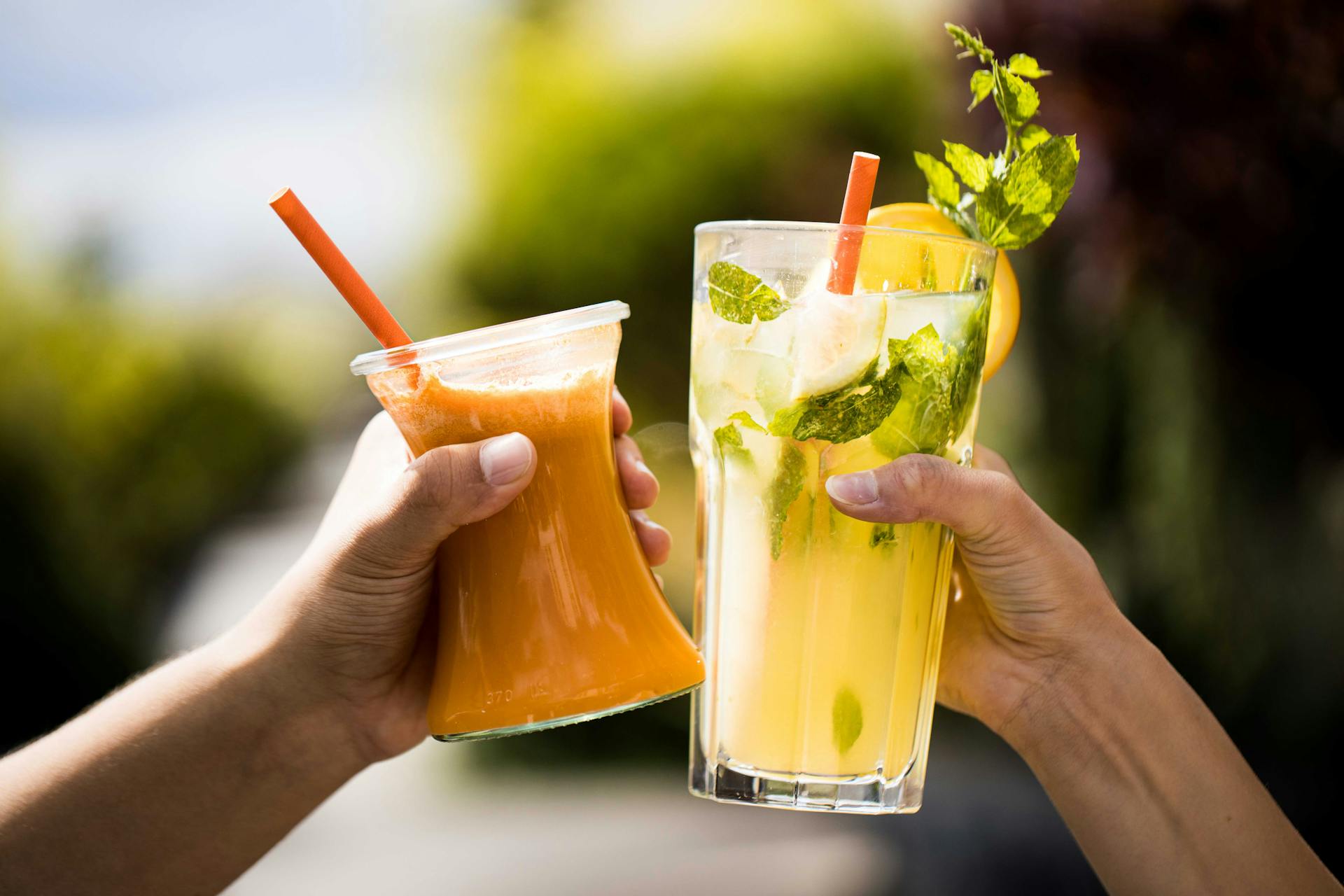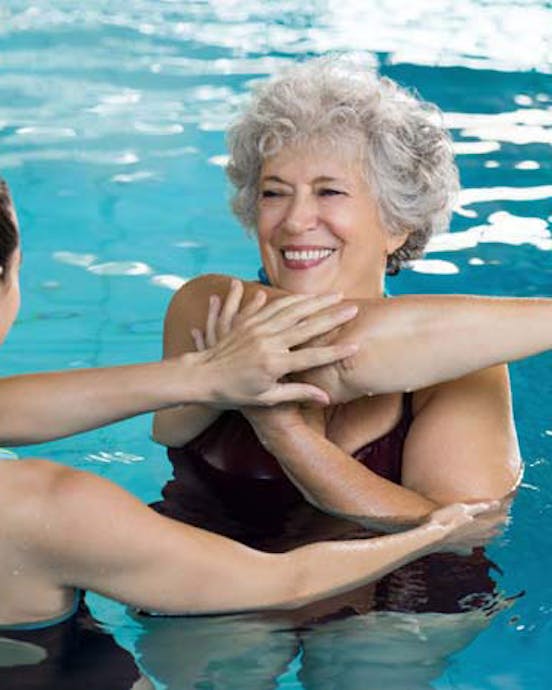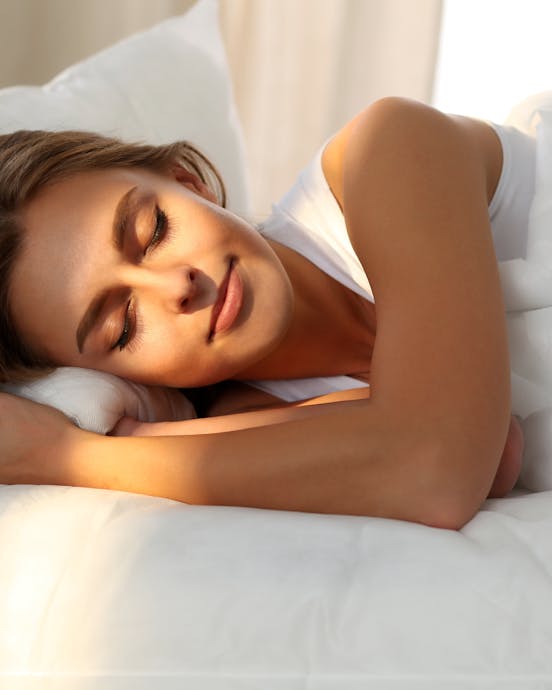As another Tournée Minérale begins, and we are committing again to a month-long challenge to not drink alcohol, let's take a closer look at our drinking habits and their effect on our bodies. General Practitioner Grégoire Van Bree provides some useful insight and recommendations.
How the body responds to alcohol
"Despite what some people may have considered back in the day, alcohol is never good for your health," warns Dr. Van Bree. The consumption of alcoholic beverages becomes harmful to our bodies above ten units per week, for both men and women. One unit corresponds to a glass of wine, a 25 cl beer or a finger of whisky. And it should be remembered - for reassurance - that most of the toxic effects of alcohol are dose-dependent.
The negative effects on our bodies in the long term are varied: the accumulation of fat in the liver, of course, high blood pressure, memory and sleep disorders, as well as overall calorie intake. Our consumption of alcoholic beverages also has an impact on skin ageing, migraines and joint function. Finally, there is a link between alcohol consumption and the risk of developing cancer.
Unfortunately, the benefits of alcohol remain limited, except for the pleasure that can be derived from it when consumed in considerate amounts.
Breaking unhealthy habits
"If you stay below ten units per week, which is the recommendation of the WHO (World Health Organisation), you are within the correct consumption range," reassures Dr. Van Bree. "I advise going alcohol-free for two days a week to avoid an unhealthy habit setting in, such as drinking at home while cooking or on the way home from work." To see if your drinking has become a routine or if you have developed this bad habit after the festive season, think back and review your previous week.
Do you want to pay attention to your alcohol consumption, and control it better? For a more mindful approach, try delaying the first alcoholic drink at a dinner party or reception, and have a glass of water between each alcoholic drink. This will prevent dehydration and help you consume less alcohol.
To replace a bad habit with a good one, opt for a pleasant, stress-relieving alternative to the drink you always have after work, for example: reading a book, taking a bath, walking the dog etc.
"Sporting activities also work very well as a new habit to break a routine, for those who find it difficult to disconnect from work in the evening without that glass of wine for example. Doing a workout helps delay or avoid alcohol consumption," explains the GP. You should avoid drinking immediately after training, and in any case always drink a glass of water beforehand.
Several studies have also shown that regular physical activity can compensate for the harmful effects of alcohol, such as liver disease and muscle problems.
New alternatives
For those who wish to limit or completely eliminate alcohol from their diet, many alternatives have been developed in recent years. This is an opportunity to discover fermented drinks such as Kombucha, Ginger Beer or Kefir. More traditional options such as lemonades, pressed juices and iced teas are easy to prepare at home.
"I don't recommend drinks that imitate the taste of alcohol, such as non-alcoholic beers or wines. You are trying to 'cheat' your brain, but you still have the appetite and taste for alcohol," advises Dr. Van Bree. "I suggest choosing a bitter or sparkling drink according to one's taste, and avoiding sweetened drinks that are too high in calories.
A great option can be to try these alternatives as a short-term challenge. This February, Tournée Minérale invites us to go without alcohol for a month. "It's a good way to take a break, test and find new routines, to prove to yourself that you can do it," says Grégoire Van Bree. "It is obviously an individual choice, but it can be quite revealing”. By making this effort for even a week, you can notice for instance, what a positive effect it can have on your sleep quality.
See for yourself what other health benefits you can achieve by going alcohol-free. This does not mean saying goodbye to your social life, however. Take the opportunity to move and eat more healthily, do more physical activities, and don't forget to offer yourself a reward from time to time once the challenge has started.



